Helpful Tips: How To Travel With Kids In The Safest Ways
Travel can be a lot of fun, but most parents dread and even avoid traveling with young children. They have to adhere to a sleep schedule that includes naps. The sheer volume of necessary stuff that comes along for the ride is overwhelming enough to plead that the grandparents hop a plane instead. Exposure to new culture, music, food, and ways of living is part of the fun for many adults, but it can prove too much for many children, according to CoverTrip.
Travelling with kids does not have to be stressful or tiring, if you have the useful tips, and understand your children’s emotions and behaviors.
1. Know your child
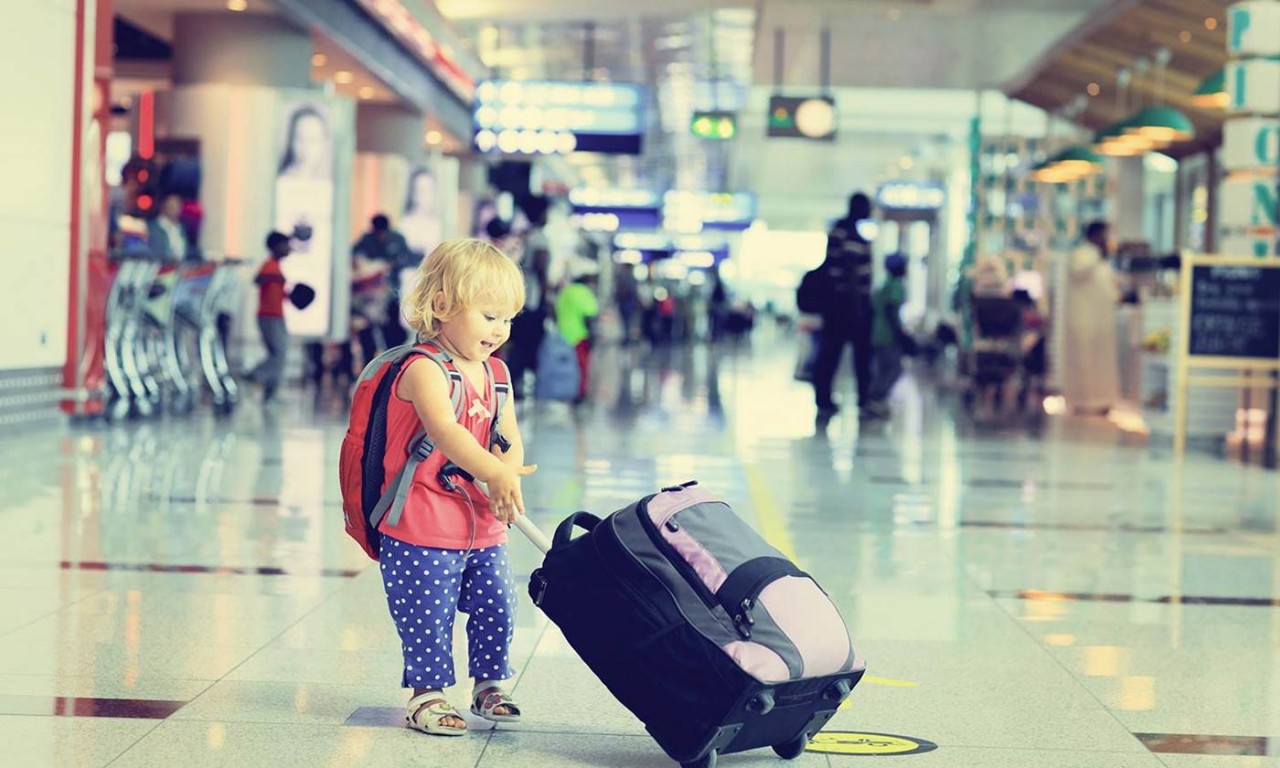 |
| Photo: First Five Years |
Ultimately, no trip – even a short one to the grocery store – is going to be successful if you don’t know the particulars about your child. Travel stretches a person’s comfort zones and if your child needs a strict bedtime in order not to have meltdowns, find ways to make that happen. Every child is different, so take note of the weeks and days prior to your trip so you can be prepared to help them adjust and enjoy the trip.
One of the ways you can understand your child is by observing them as they sleep, eat, or play. Look for consistent traits. Which activities do they like best? Is adjusting to changes easy for them or do they need time to become familiar with these things? These things are the normal characteristics of a child and your child may not be an exception.
As much as possible, have time to talk to your children as this is crucial to gaining information and understanding. In this case of young children, they require less verbal language and more facial expressions and body language in order to understand their thoughts and feelings. Asking them questions will allow them to share their feelings with you, according to Child Development Info.
Another way of understanding your child is by taking a look at their environment in order to learn about a certain behavior that you have observed. Relatives, child care providers, friends, teachers, the community, the home setting, and other aspects of the environment can play a crucial role in the behavior of your child. For example, if your child is showing aggressiveness towards other children at school, you may want to find out all the possible sources of their aggressive behavior.
2. Do your research
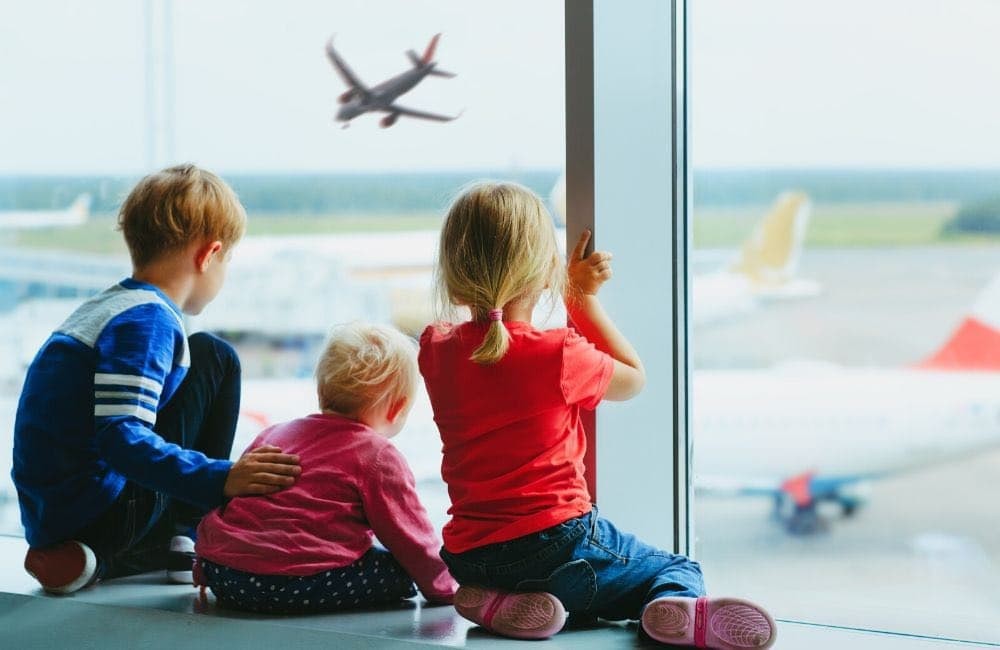 |
| Photo: The Tiny Book |
Every destination has its appeal, but not every place is safe for kids. Before you decide on your next family trip, do some research on the location you want to visit. If you’re going abroad, take a close look at the crime rates in the area and make sure you get the appropriate vaccines. If you’re staying local, it’s still a good idea to do a quick background check on the area for any potential danger.
There are more than 170 currencies in the world. You may want to brush up on this before you travel. It is important to know what currency other countries use because there’s a good chance that you will be using foreign currency while abroad and not your local one unless of course, you’re traveling locally. If you end up exchanging money or paying for something in another currency, it would be a lot better to know what the value of that foreign money is. You can check out an online converter or use your phone app to figure this out quickly and conveniently while on the go, according to Pure Travel.
3. Update your travel medical kit
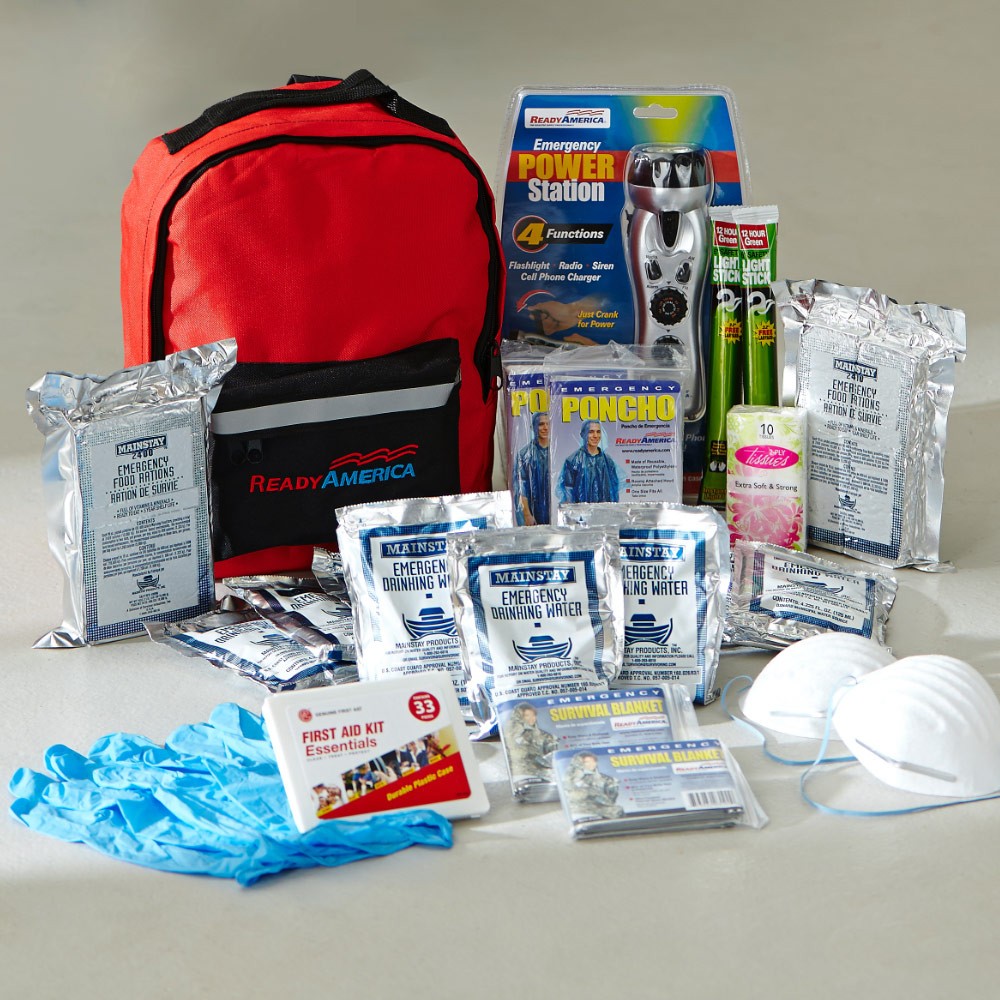 |
| Photo: The Home Deport |
Your travel medical kit may have been ideal for when you were traveling pre-kids, but it definitely needs a shake-up now. You do not want to be without children’s medicines in a foreign country when your kid is running a fever in the dead of night.
Much like your adult travel medical kit, the kids’ version should include all the things your child might need if they get sick on a trip, including:
• A good supply of any medicines your child takes on a regular basis.
• Any medical equipment your child needs (even occasionally), like a nebulizer for a child with asthma.
• A pain reliever and fever-fighting medication such as ibuprofen or acetaminophen.
• An antihistamine for allergic reactions.
• Some cough or cold medicine.
If your child needs any specific medicines or medical equipment, be sure you understand how to get those through security. A doctor’s note may be required for injection needles, etc.
4. Practice safety
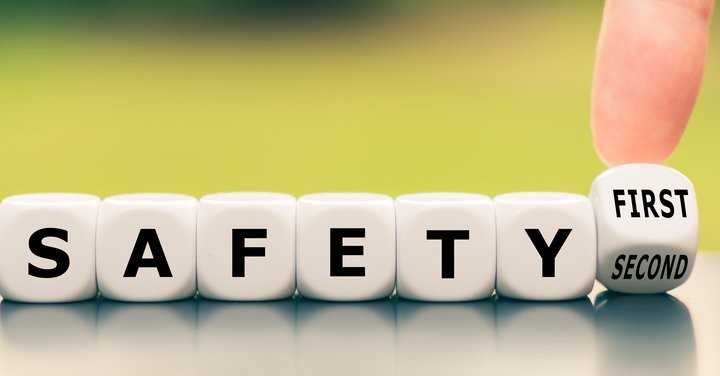 |
| Photo: AdobeStock |
As the old adage goes, practice makes perfect. And although you can’t foresee every possible scenario that could go wrong, it’s good to have the basics down. Practice with your kids what they should do in an emergency. You can advise them to seek the help of another parent with children, stay put until someone finds them, or meet you at a specific spot.
Whatever plan you put in place, go through it with your children a few times so they remember exactly what to do when panic sets in. It’s also good practice to wear noticeable clothing that is easy to spot in a crowd, such as bright colors and distinct patterns.
5. Childproof everything
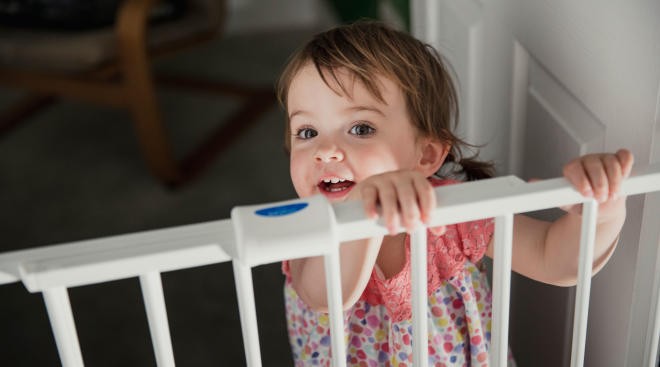 |
| Photo: Getty Images |
Young children like exploring—everything. And by childproofing the space where you’re staying, you can let them wander around without worrying about their safety. Taking preventative measures such as gating off certain areas and covering outlets drastically reduces the chance that your little ones will get hurt.
If you don’t want to pack everything with you, call the hotel or the place you’ll be staying to see what options they have for childproofing the room. And along the lines of keeping your kids safe, if you happen to be traveling with young kids in the car, it’s worth investing in a safe car seat.
6. Make a child-friendly itinerary
 |
| Photo: Shutterstock |
Find places your kids will enjoy as much as you. Traveling with kids can be a bit of a compromise. They can’t do everything you might want to do, but if you plan ahead and create an itinerary that includes them, you can find places that you’ll both enjoy.
If you have a specific destination in mind, ask the resort or hotel what kind of kids’ activities it offers and what things you should anticipate with a child on the trip before you book.
The more planning you put into your family vacation, the less likely that something will go wrong. As part of your planning, you might also consider your modes of transportation. If you’re driving, take a look at these road trip safety tips, and if you don’t have one, consider packing a car emergency kit. In general, traveling with your kids requires a bit more research and preparedness, but it’s also incredibly rewarding. Keep these safety tips in mind next time you travel and enjoy watching your kids explore the world.
7. Have a plan B
 |
| Photo: iStockPhoto |
Hope for the best and prepare for the worst. This might sound a bit dramatic, but there’s nothing quite as reassuring as having a plan B. And it goes hand in hand with practicing safety. Having an alternative plan is useful when the unexpected happens.
Go over your plan with your kids, and have them recite it back to you so you know they’re always prepared. It might even be helpful to point out where they could run for help, such as a nearby police station or community building if something does happen.
8. Keep kids occupied
 |
| Photo: Getty Images |
Idle hands make mischief. Especially when they’re adorable little kid hands. An easy fix is to keep toys and movies handy when traveling. It’s natural for kids to get antsy and fussy on long trips and layovers, but keeping them occupied can prevent them from getting into trouble.
If you don’t want your kids staring at a screen all day, you can play board games with them or read them a story. This is also a great way to get your kids tired so they can nap—making the trip more enjoyable for everyone.
9. Check your insurance
 |
| Photo: FirstCry Parenting |
Not all health insurance companies offer coverage abroad. Read your insurance policy closely, and if you can’t find details about your international coverage, it’s worth giving your insurance provider a call.
You can also purchase supplemental medical insurance. Although no one wants to focus on what could go wrong, it’s always better to be safe when traveling with small kids. If you’re traveling within the country, check if the hospitals nearby take your insurance.
 | Effective Tips On How To Make Travelling For Work Easier Travelling to work can be difficult sometimes, but this helpful advice and steps will help you ease the process. |
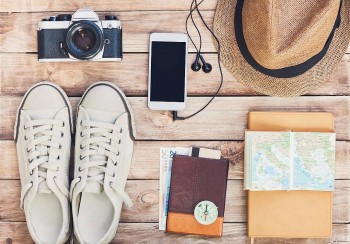 | Tips For Packing Smart While Traveling Abroad Packing is very important on any trip, and preparation will help you save a lot of time and effort. Here is a guide list on ... |
 | The Most Common Mistakes That You Should Avoid When Travelling To Europe With Europe being a favorite tourist destination, there are some cautions and mistakes that new beginners often make, but can be avoided with proper knowledge ... |
Recommended
 Handbook
Handbook
Vietnam Moves Up 8 Places In World Happiness Index
 Handbook
Handbook
Travelling Vietnam Through French Artist's Children Book
 Multimedia
Multimedia
Vietnamese Turmeric Fish among Best Asian Dishes: TasteAtlas
 Handbook
Handbook
From Lost to Found: German Tourist Thanks Vietnamese Police for Returning His Bag
 Handbook
Handbook
Prediction and Resolution for the Disasters of Humanity
 Handbook
Handbook
16 French Films To Be Shown For Free During Tet Holiday In Vietnam
 Handbook
Handbook
Unique Cultural and Religious Activities to Welcome Year of the Snake
 Handbook
Handbook


